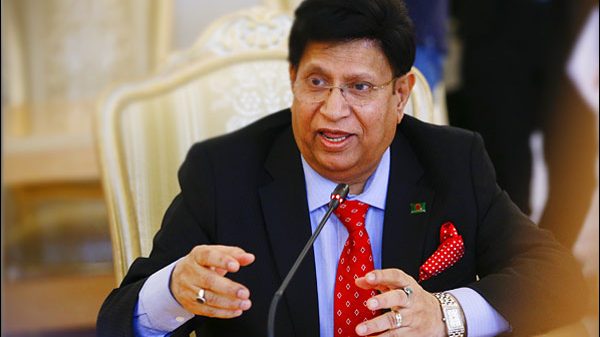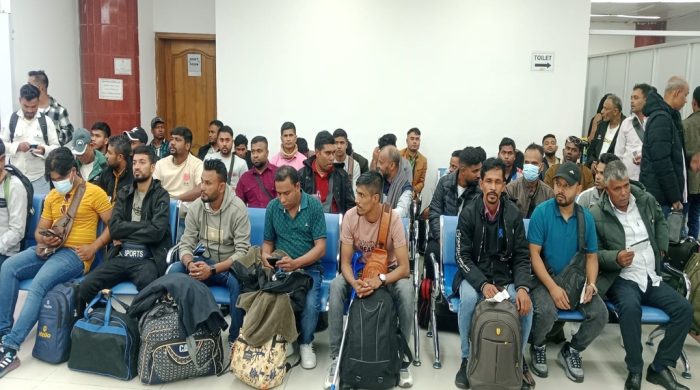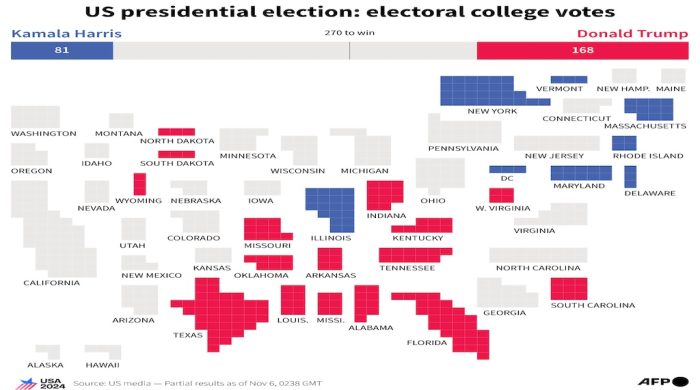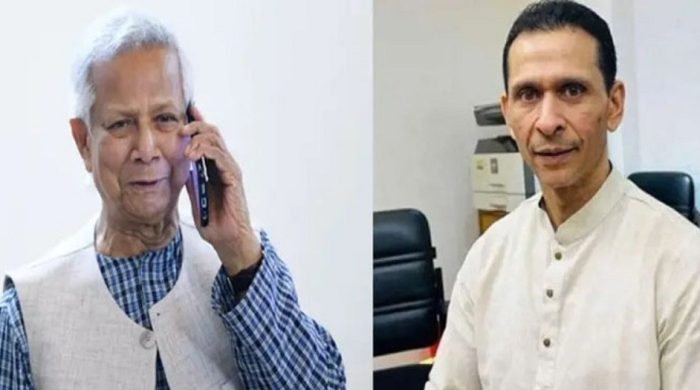Myanmar writes to Bangladesh explaining military takeover: FM

- Update Time : Saturday, February 6, 2021
- 119 Time View

Myanmar has written to Bangladesh through its Ambassador in Yangon explaining why the military took control of the country on February 1.
The current interim government conveyed that some 10.4 million fake votes were cast in the national election in Myanmar held in November last year.
“We got a letter. They gave the letter to our Ambassador,” said Foreign Minister Dr AK Abdul Momen sharing the updates with the reporters after attending a function.
After the takeover, the new military administration in Myanmar has reached out to Rohingyas in Rakhine State which is seen as military junta’s “desire to gradually bring back normalcy” in the Rakhine state giving confidence to Rohingyas for return. “These are good news. It’s a good beginning,” Foreign Minister Dr Momen said.
“Whatever may be the military’s new approach and policy on Rohingya and Rakhine issues, it’ll take time to get a shape,” a diplomatic source told UNB.
Dr Momen said Rohingyas in Kutupalong Rohingya camp expressed happiness hearing the news from Rakhine.
For voluntary repatriation to commence, officials say, the question of the confidence of the potential returnees Rohingyas about going back plays a very important role. Rohingyas at the camps in Cox’s Bazar were joyous at the news of the fall of Suu Kyi.
Earlier, Myanmar said they are committed to beginning the repatriation of Rohingyas as per the bilateral agreement signed with Bangladesh in 2017.
Bangladesh handed over a list of 840,000 Rohingyas to Myanmar for verification. Myanmar has verified only 42,000 people (5 percent). “There’s a serious lack of seriousness,” said the Foreign Minister.
Dr Momen said they are doing their part but Myanmar is not helping the same way. He said he is always hopeful of beginning repatriation as history says they took back their nationals in 1978 and 1992.
Rohingya Crisis and Repatriation
More than three years ago, Myanmar’s soldiers “targeted, killed, and raped” Rohingya and burned their villages, as the United Nations, Refugees International, United States Holocaust Memorial Museum, the US State Department itself, and many others have documented.
Over 800,000 Rohingyas fled the “genocidal violence” and Bangladesh is now hosting over 1.1 million Rohingyas.
Bangladesh is trying in multiple ways – bilaterally, multilaterally, tri-laterally, and through the judicial system – to find a lasting solution to the Rohingya crisis.
Bangladesh and Myanmar signed the repatriation deal on November 23, 2017.
They then signed a document on “Physical Arrangement”, which was supposed to facilitate the return of Rohingyas to their homeland.
But repatriation attempts failed twice in November 2018 and August 2019 – clearly amid Rohingyas’ “lack of trust” in the Myanmar government.
Subsequently, during the 74th UNGA held in September 2019 in New York, China took an initiative to propose the tripartite framework with their presence largely in an overseeing role that can nevertheless hold both sides to account on their respective commitments to each other.
The Bangladesh side had already complained of Myanmar acting in ‘bad faith’ during negotiations, whereby they never had any intention of taking the Rohingya back and was only meeting to keep up appearances.
However, soon after a meeting of the trio on January 20, 2020, the coronavirus lockdowns started taking its toll in different parts of the world.
Bangladesh pushed Myanmar hard on creating a favourable environment for Rohingya repatriation with an expeditious verification process and “cautiously expressed optimism” to begin it in the second quarter of this year.
Responding to a question on Al Jazeera report, Dr Momen said there is Bangladeshi gentleman who always asks such questions in the UN.
He said Al Jazeera has lost its credibility by broadcasting false reports and people in Bangladesh understood it.
Dr Momen said Bangladesh investigates if there is any credible allegation but ignores if there is fake any accusation.

























